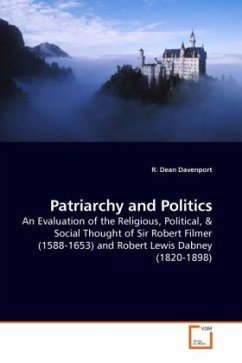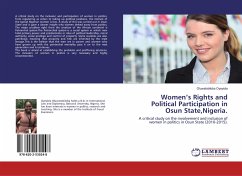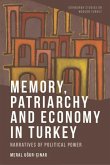This book examines the religious, political and social thought of Sir Robert Filmer (1588-1653), the seventeenth-century English political thinker who set forth a defense of the patriarchal theory of government. The historical background of the patriarchal theory and its conflict with the modern, social contract theory of government are discussed, setting the stage for an examination of Filmer s critique of the social contract theories of Grotius, Hobbes and Milton as well as Filmer s relationship to John Locke. The influence of Filmer in early America is then addressed. Filmer's thought was more popular in the colonial South, especially among the Anglicans and Royalists of Virginia, having few admirers in New England where Puritanism and the social contract thought of Locke and Milton prevailed. The study concludes with an examination of the relationship between Filmer s patriarchal thought and the religious, political, and social views of later antebellum thinkers in the American South, with particular attention given to the thought of Robert Lewis Dabney (1820-1898), a nineteenth-century Presbyterian theologian from Virginia.
Bitte wählen Sie Ihr Anliegen aus.
Rechnungen
Retourenschein anfordern
Bestellstatus
Storno








